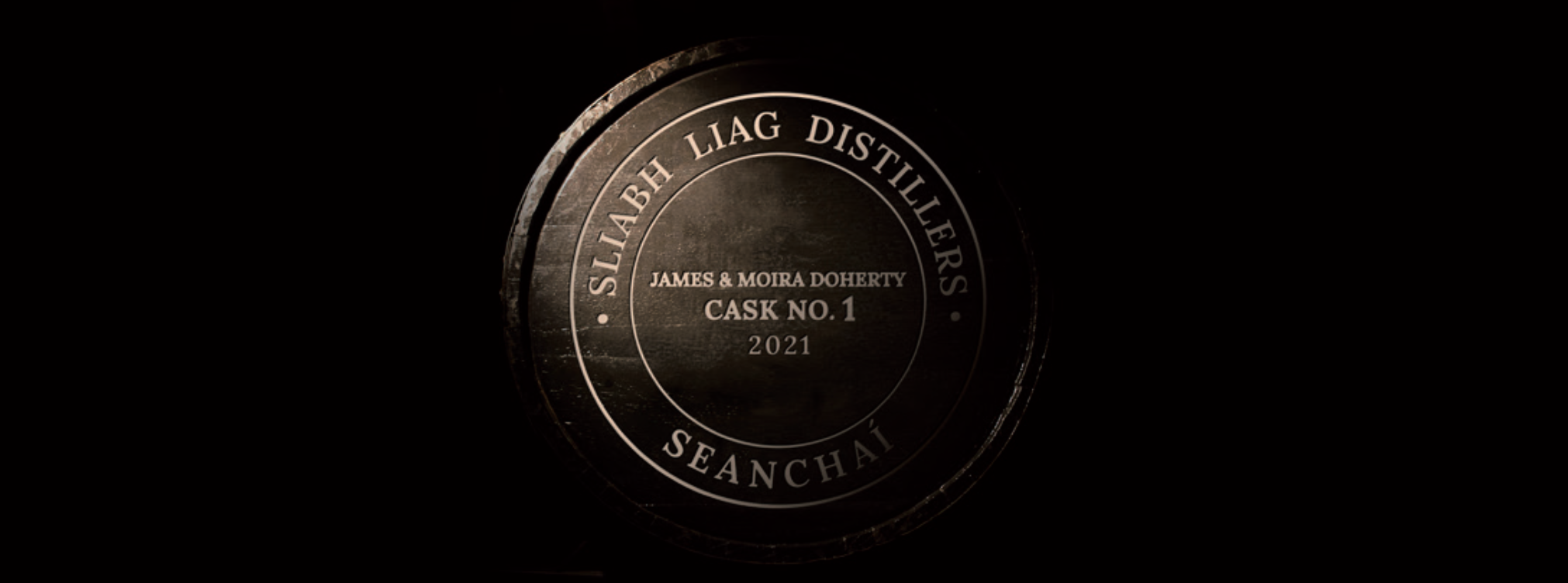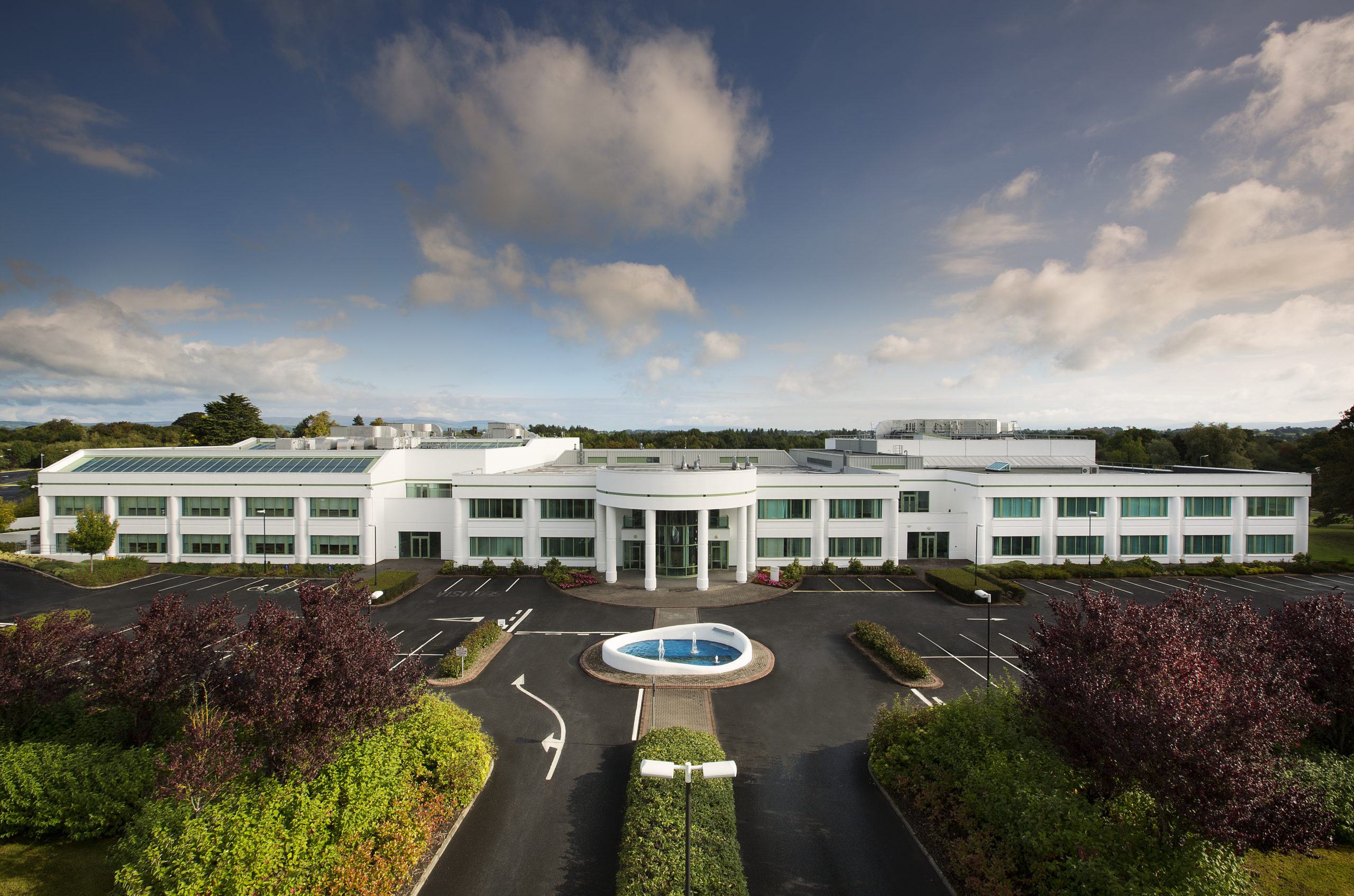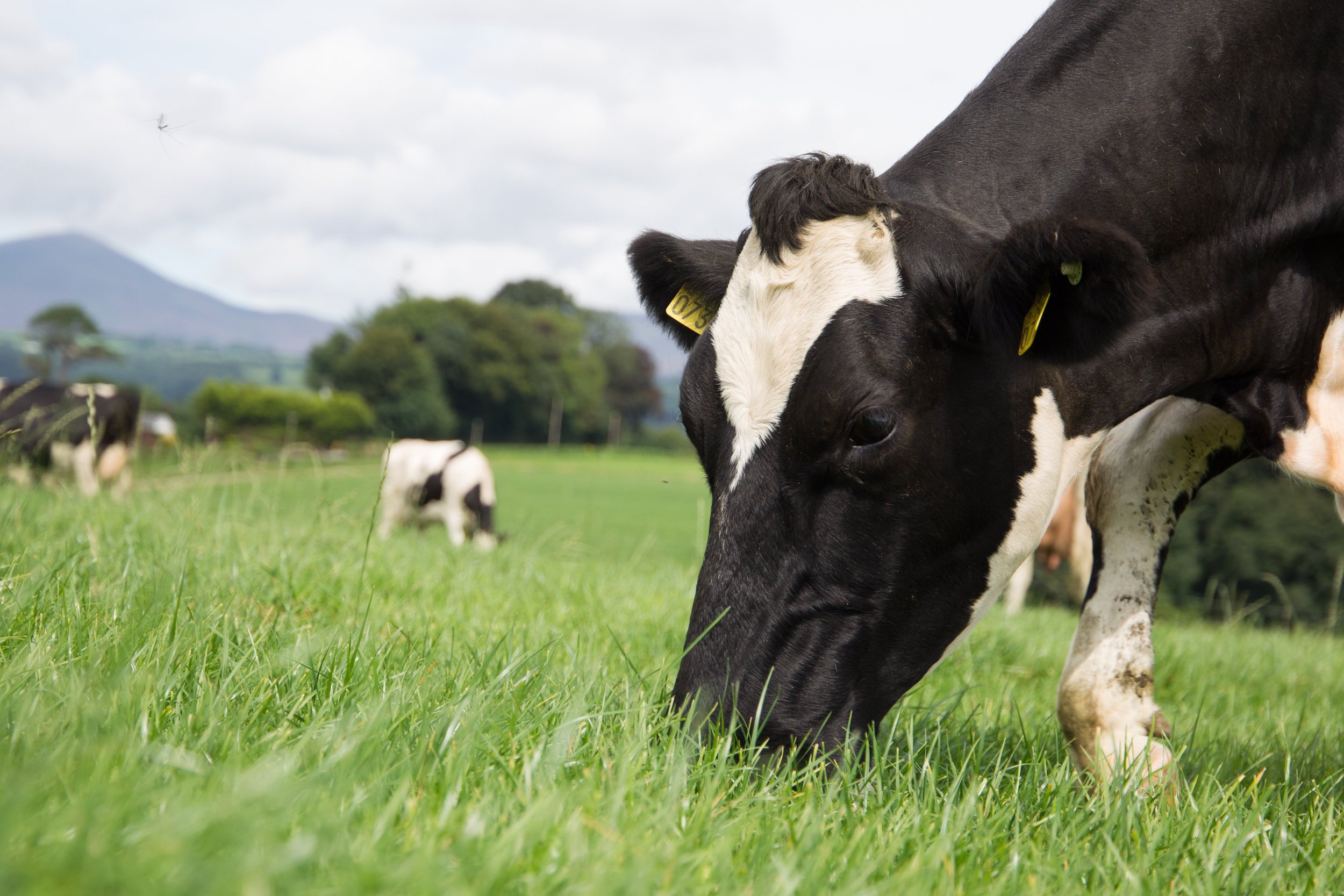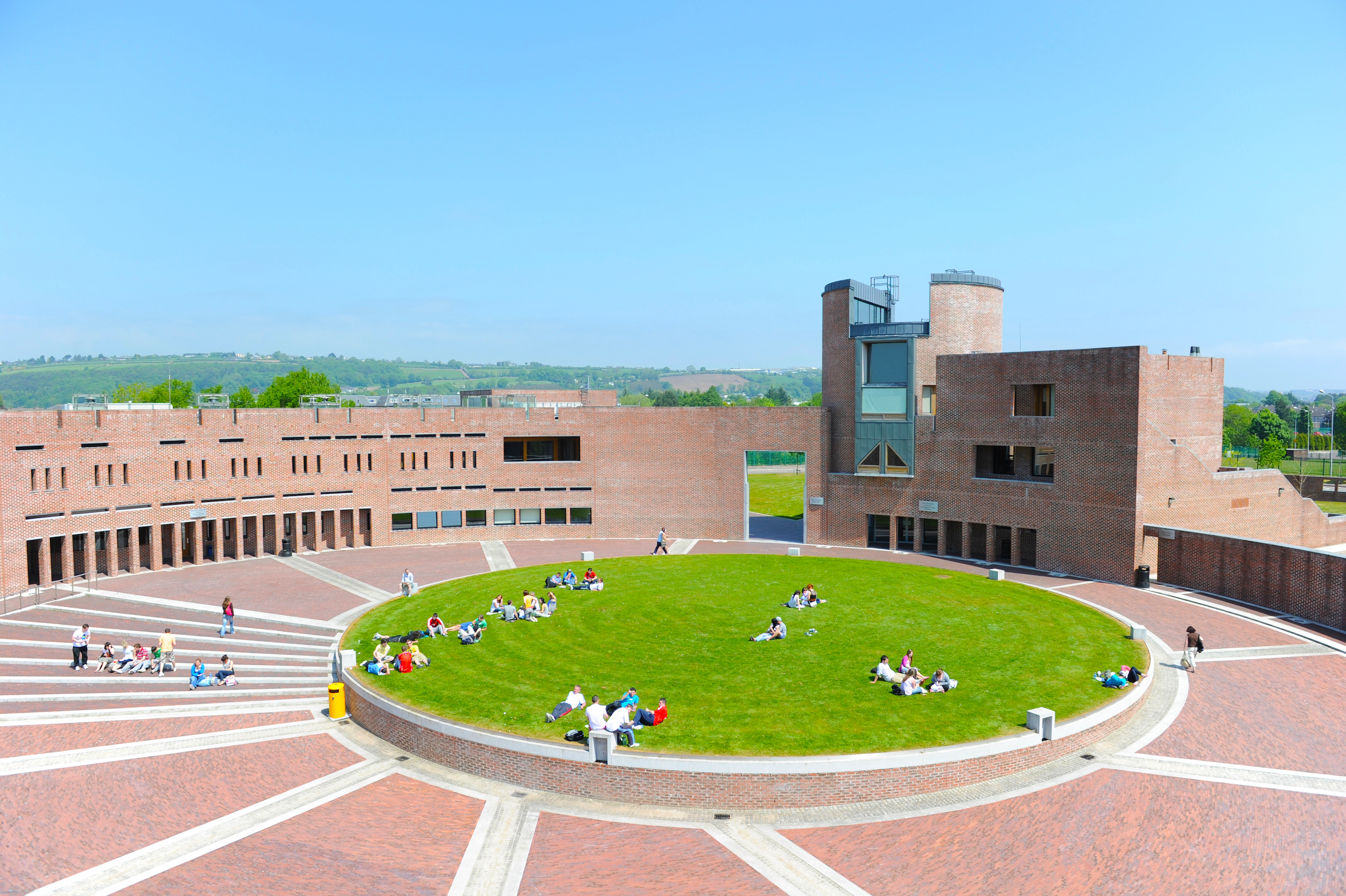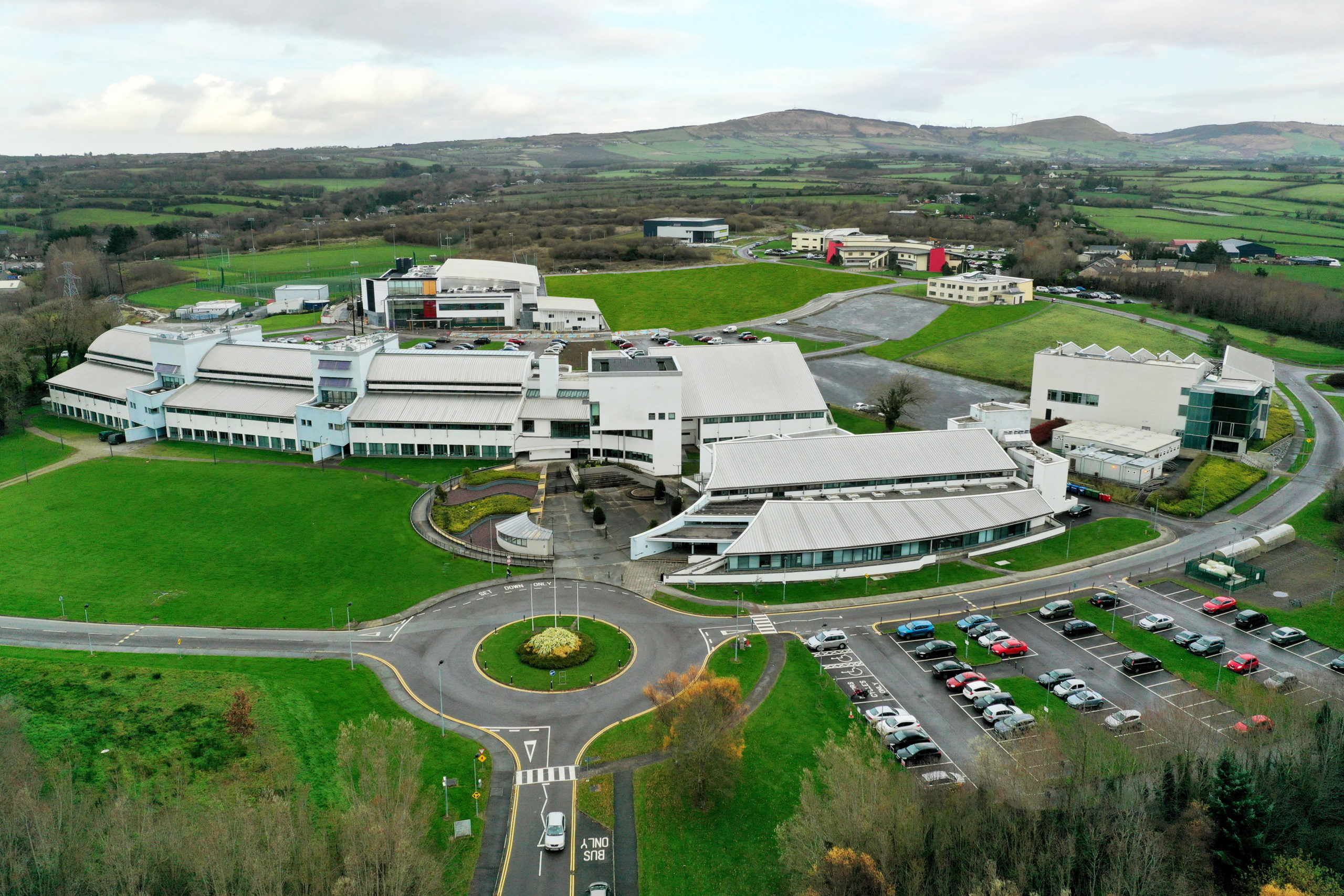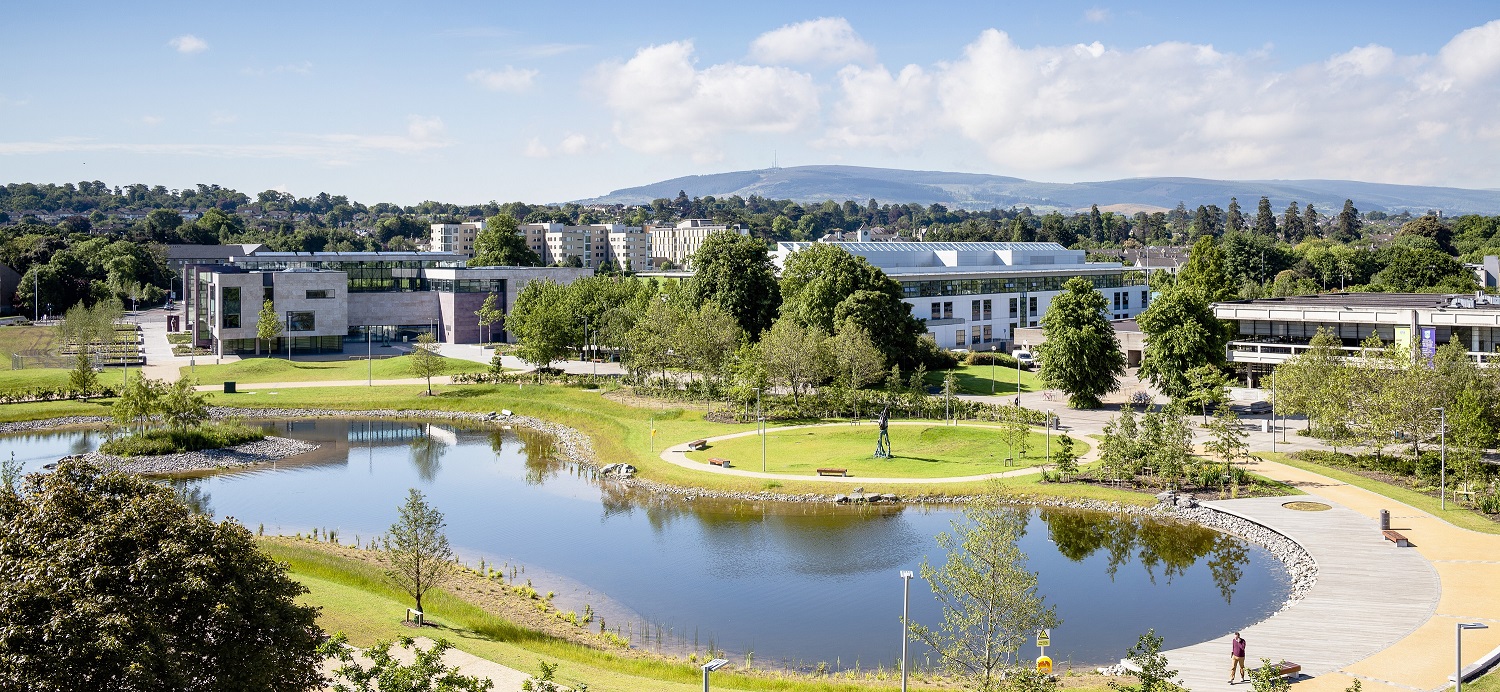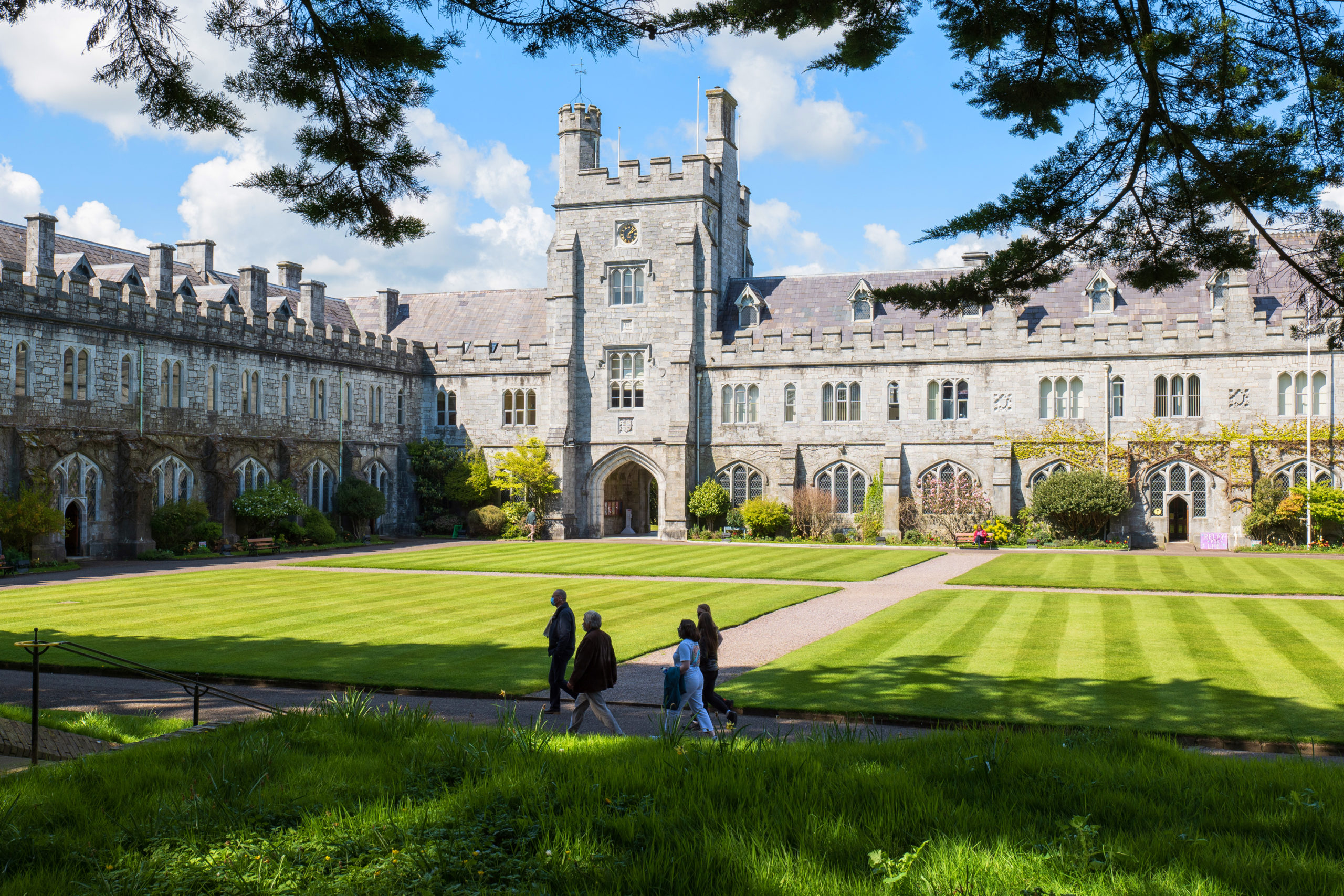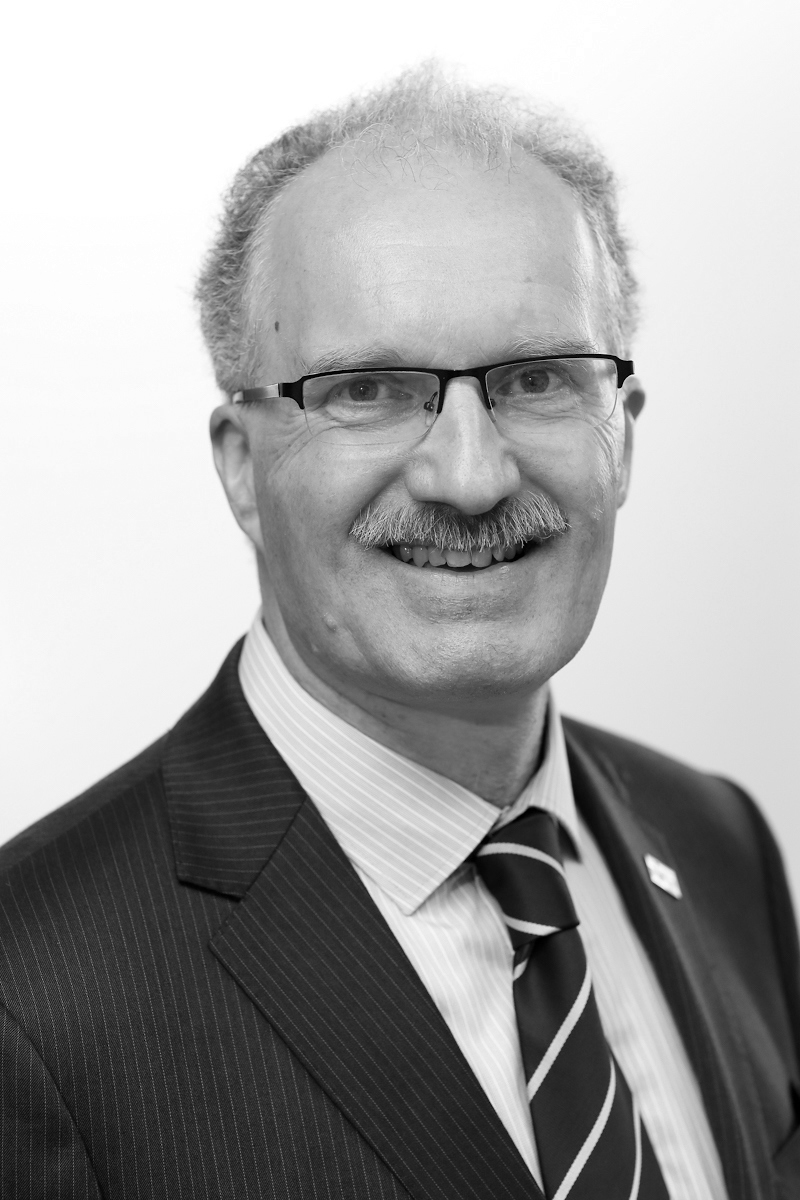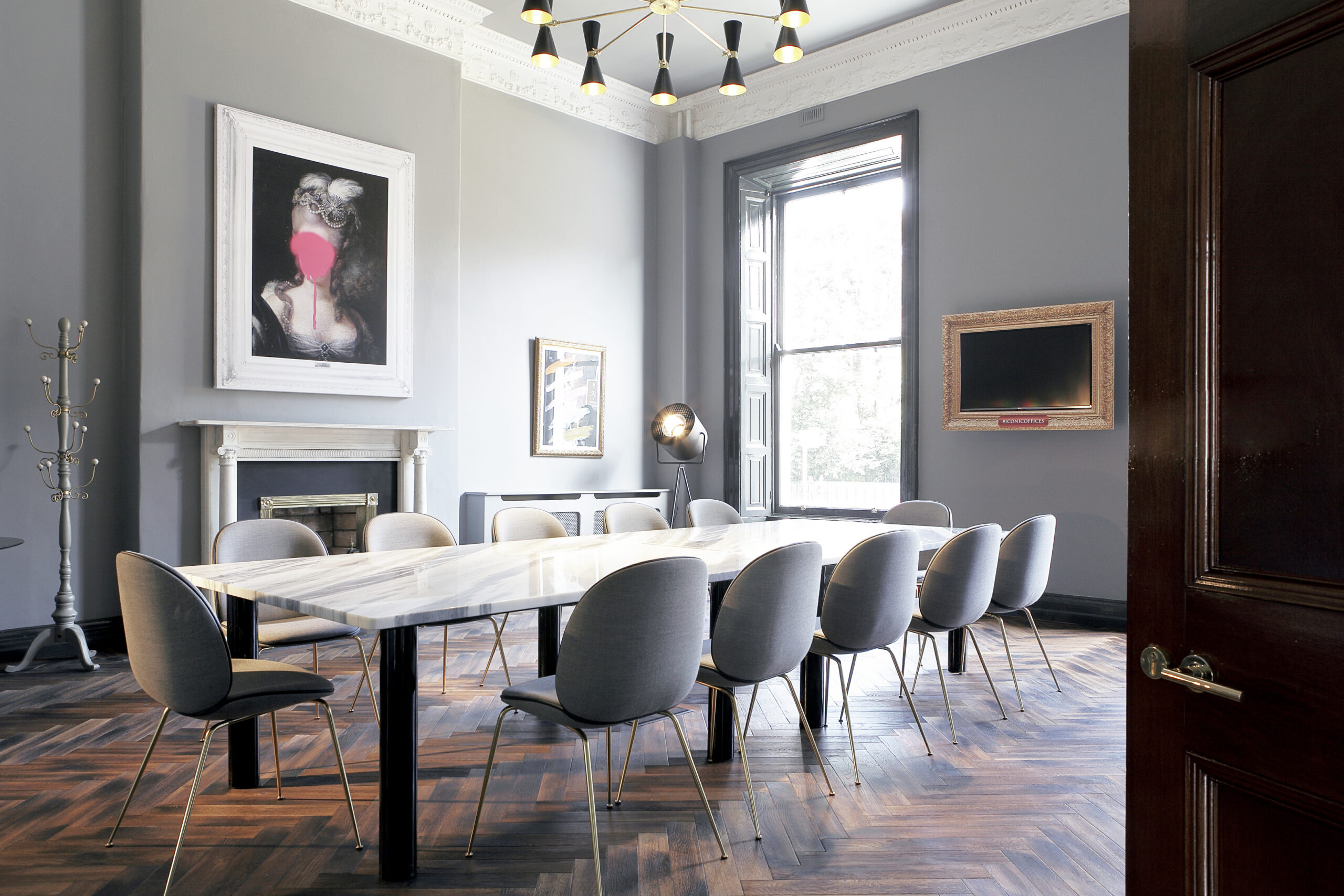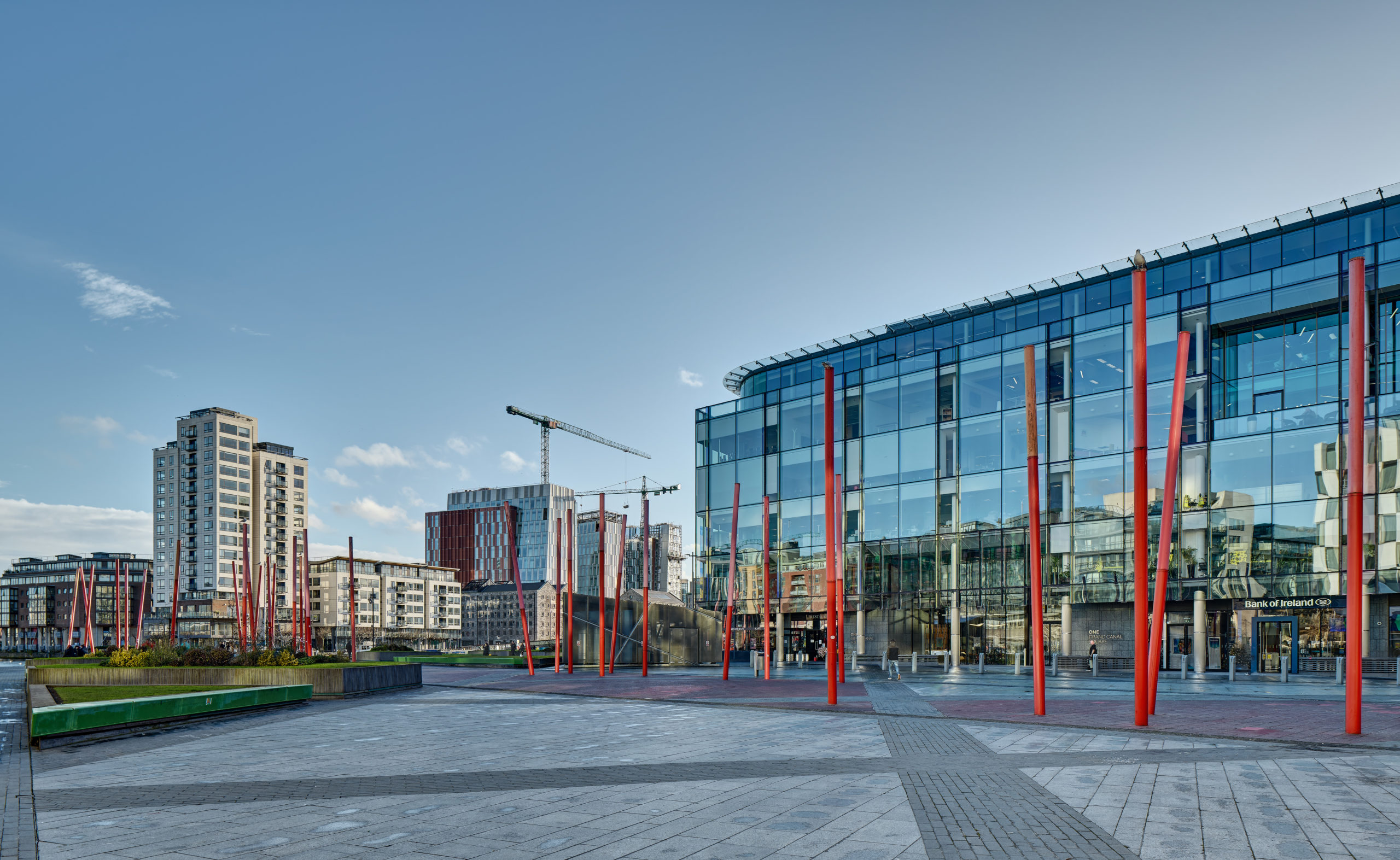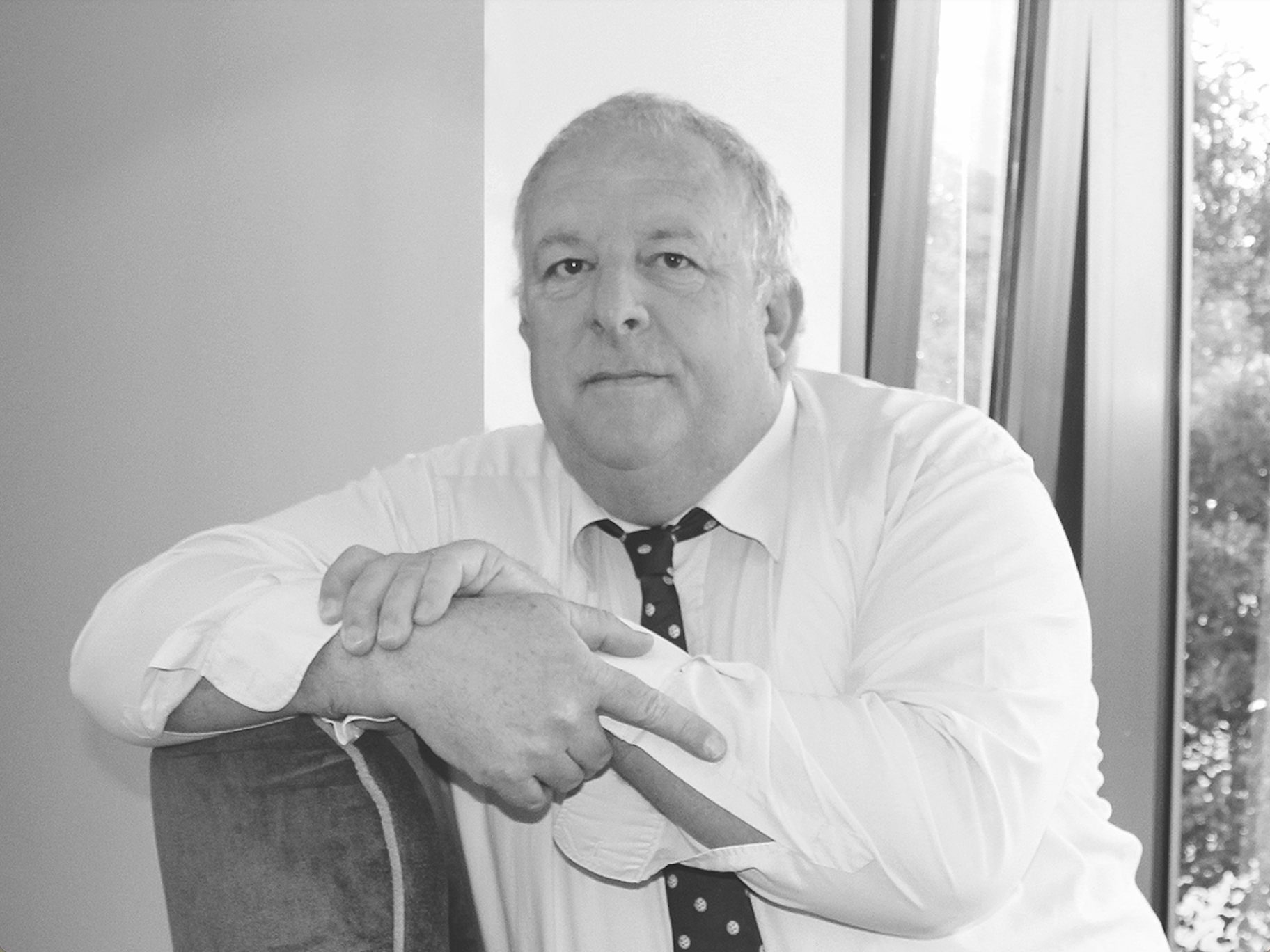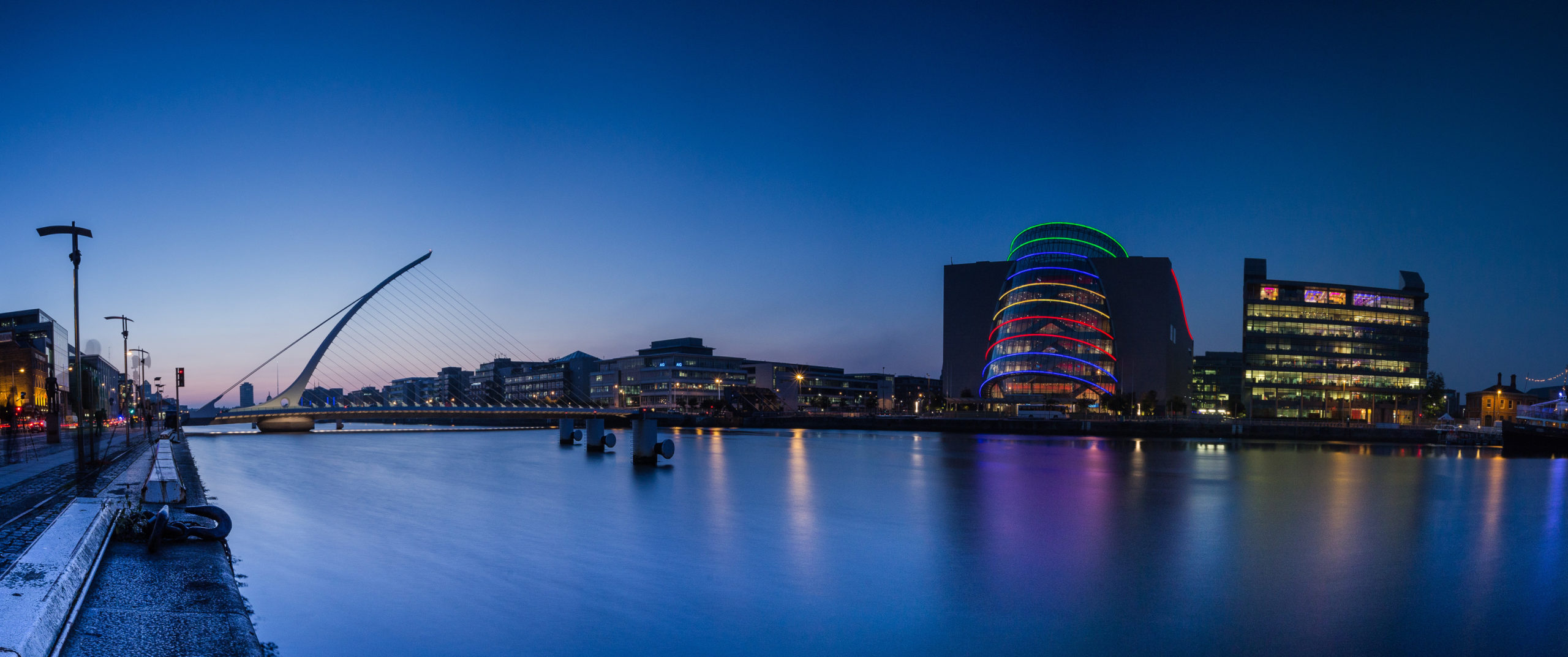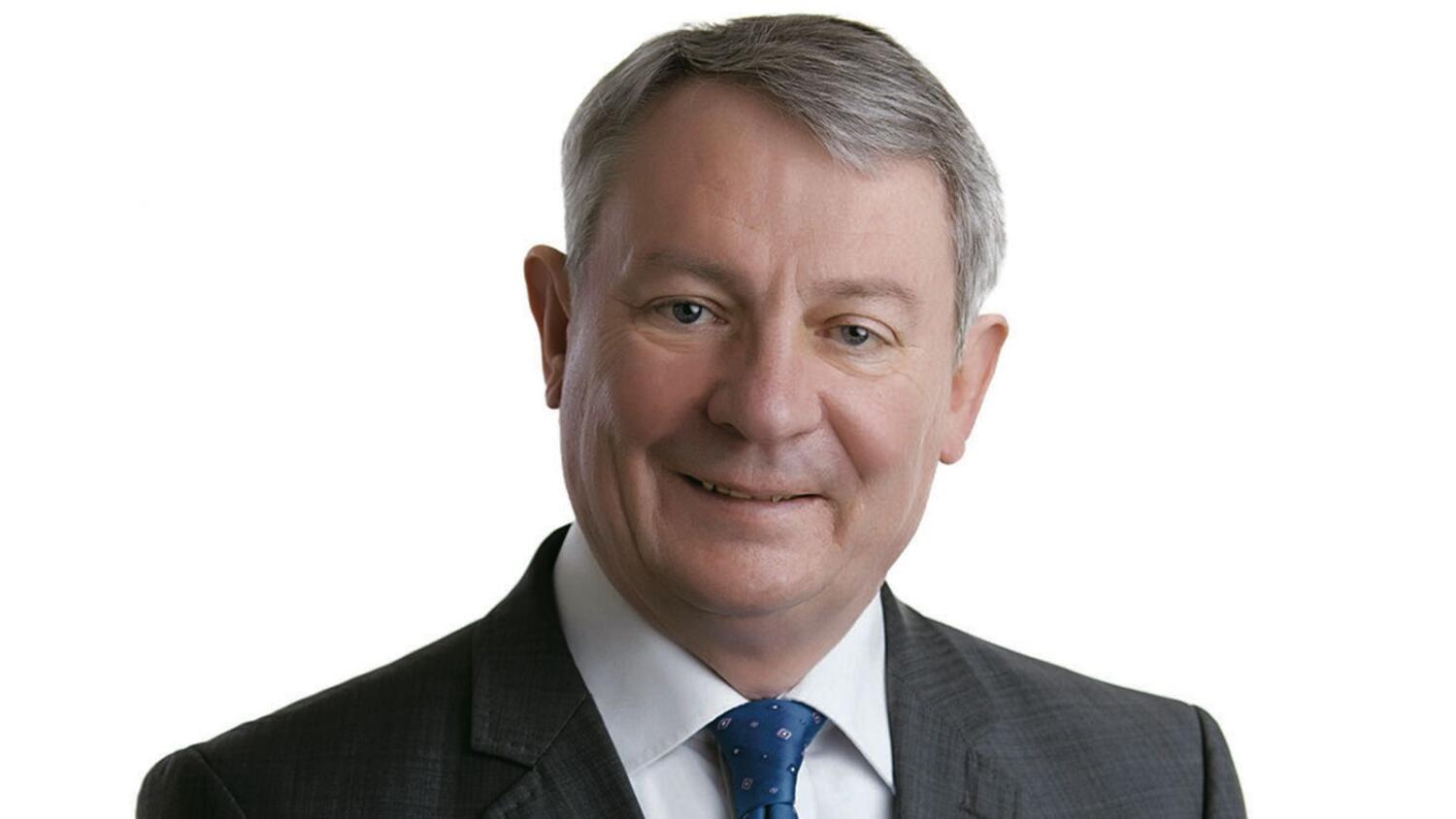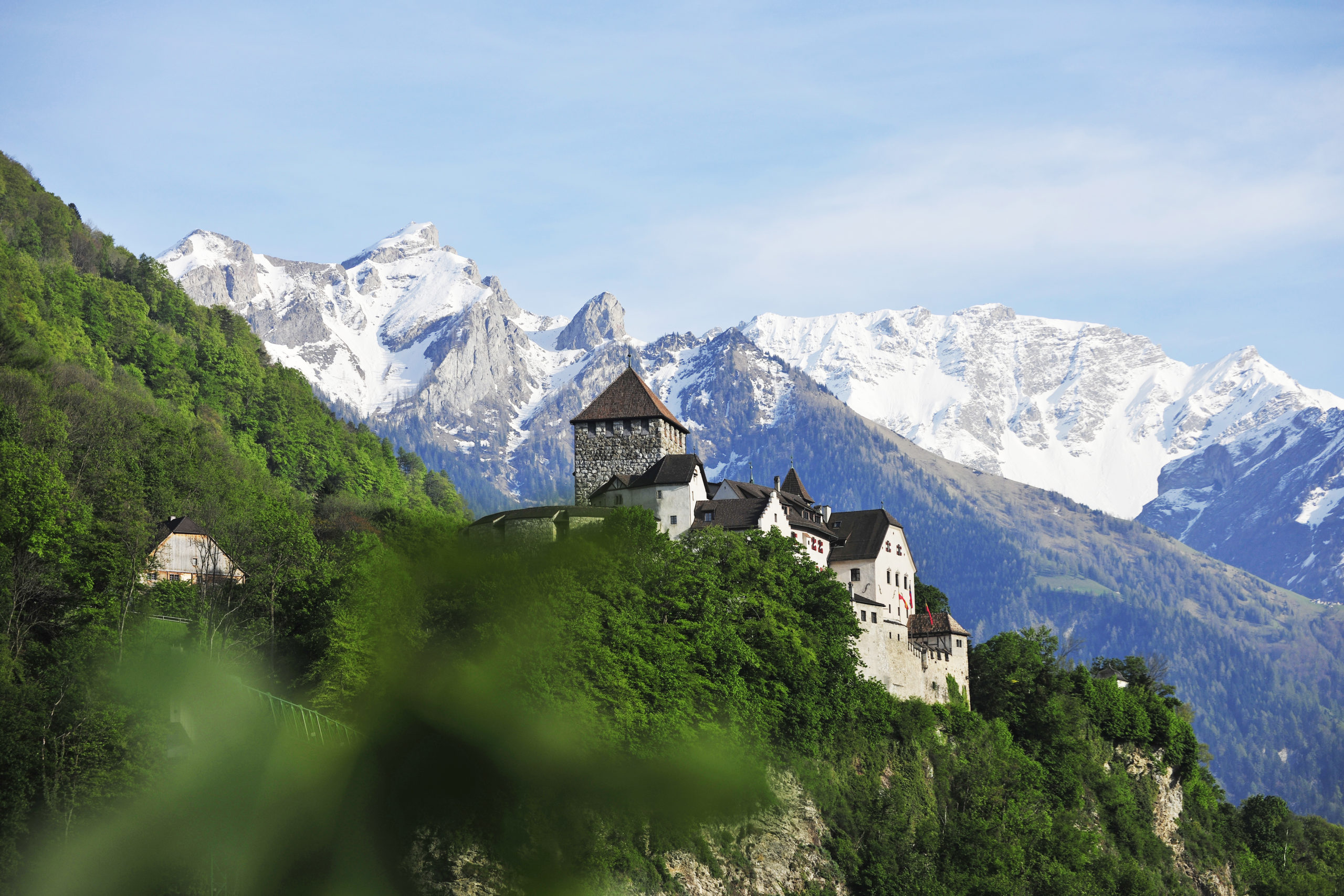Serbia’s rich historical legacy lies in its strength as a regional manufacturing hub. This is furthermore supported by its extensive free trade agreements which allow duty-free exports to a market of more than 1 billion people. Some of these markets go much further than the European Union which is Serbia’s largest export market. Serbia has duty-free exports to the Russian Federation, United States of America, Kazakhstan, Turkey, its neighbors in South East Europe, members of the European Free Trade Agreement members, and Belarus. This particular regime covers a wide variety of essential industrial products. A few exceptions and quotas do exist. Serbia underutilizes its current trade agreements and is quickly developing industry through domestic and foreign investment to capitalize on these opportunities.
Some essential industries include automotive, metallurgy and machinery, food processing, chemicals, and pharmaceuticals.
In 2017 Serbia exported EUR 15 000 million of goods and imported EUR 19 400 million, up 12.0% and 13.8% year on year respectively.
The nations largest exporters are Fiat Chrysler Automobile Serbia(FCA), HBIS group and Michelin Tigar Tyers. The 15 largest exporters exported over EUR 700 million in the first two months of 2018. Exports to Italy and Germany, the two most significant trading partners, accounted for 25.8% of total exports and 22.7% of total import. In 2017, Serbia recorded a surplus of EUR 2 300 million in traded goods with these countries.
Serbian engineers are known for their technical expertise. They are an extremely competent workforce with superior technical education in the fields of engineering.
Automotive sector: The Serbian automotive industry dates back to 1939. Serbian manufacturers produce automobiles and parts under a license of Fiat. They manufacture under high-quality production standards that enable their use in brands such as Mercedes, Ford, and Opel. The industry also increasingly supplies Asian car manufacturers. The sector accounts for nearly 10% of the entire FDI since 2001. Over 60 foreign investors invested almost EUR 1 800 million in the sector, employing 27 000 people. It contributes nearly EUR 2 100 million to Serbia’s exports. Some critical components manufactured include; vehicle chassis, tires, suspension parts, car batteries, casted engine components, camshafts, brake discs, and valves. The automotive sectors growing trend is propelling its growth prospects. FCA, arguably the most significant investment in Serbia in the past two decades, is also the largest investment in the sector and has aided in the attraction of additional producers. FCA remains the most significant exporter in Serbia. FCA produced 85 000 vehicles in 2016, accounting for nearly EUR 1 070 million in turnover when exported to EU and US markets.
Metallurgy: A core industry with a long tradition dating back to 1853. Internationally acknowledged quality and competitive prices have driven the export-oriented nature of firms in the sector. High-skilled workers and low labor costs are the main benefits. Sub-sectors include metal processing, machinery, transport tools, electric machinery, weapons, and ammunition.It accounts for 6% of national GDP. The sector and its trained employees easily meet European standards. The metallurgy sector is relatively diverse.
Iron and steel production is related to one plant Smederevo. China’s biggest steelmaker, Hesteel, in 2016 paid EUR 46 million for the loss-making plant. Plans are to invest EUR 300 million and created 5050 employment opportunities. By late 2017 over EUR 160 million has been invested and sales have risen to EUR 650 million from EUR 401 million in 2016. Metallurgy accounts for 20% of the Serbian exports. Due to the Free Trade Agreements with Russia, EU, and US, the Serbian sector has a healthy export growth. Down-streaming capabilities are increasingly capitalized by SME’s which account for nearly 90% of the niche segment.
Forestry sector: Serbia can quickly become an essential supply partner in the wood and furniture sector. Forests cover over 2 million, roughly 29.1% of Serbia’s territory. Natural forests comprised of beech (40%), oak (30%) and other broadleaves. State-owned forests have FSC certification standards; they make up over a million hectares. Ample opportunities exist for the development of sawn wood, engineered wood products, furniture, and paper production. New measures including corporate tax relief, payroll tax incentives and avoidance of double taxation have been introduced to foster the development of the sector. The sector makes up 1.4% of Serbia’s GDP. Wood processing contributes 5.7% of total exports. It has had an ongoing positive growth trend over the last few years.
One of the sub-sectors with the most potential for development is the production of furniture. High-quality local raw materials, low-priced labor force, low energy prices, and geographic position decreases shipping times. The niche sub-sector has recently seen a trade surplus of over EUR 100 million and exports to Russia grew by 50% per year. This is due to Made-in-Serbia furniture having an excellent reputation in Russian markets.
International investors can benefit from the sectors competitive advantages through subcontracting, Greenfield or Brownfield investment, or through Joint Ventures. Upholstery production also offers potential for the revitalization of the textile sector.
Free zones: Many municipalities in Serbia have designated free zones within their jurisdictions. The zones offer advantages such as a streamlined process for obtaining land, favorable geographic locations and ready-to-use infrastructure. Currently, fourteen of those industrial zones are also licensed free customs zones: Pirot, Subotica, Zrenjanin, FAS Kragujevac, Šabac, Novi Sad, Uzice, Smederevo, Svilajnac, Krusevac, Apatin, Vranje, Priboj, and Belgrade.
All import and export from zones are free of VAT, customs, and clearance. If goods are produced within zone using a minimum of 50% Serbian components, they are considered to be of Serbian origin and are therefore eligible to be imported into Serbian territory or exported without customs, under free trade agreements.
Other benefits in the Free Zone include financial benefits, financial benefits, efficient administration, simple customs procedures and local subsidies.
Free Zone Šabac, Pirot and Subotica heralded as a Serbian Free Zone success story. An essential element of this distinction is their efficiency and dedication to facilitating anything needed by current and potential investors.
Free zone Šabac is in the northern part of north-west Serbia. The position of the free zone is favorable for all investors who generate their business outside the borders of Serbia. Distance from the highway E70 is 25km. Distance from the Bosnian border is 30 km, border with Croatia- 70km, Romania- 200km and Hungary- 190km. Šabac has a population of 70 000. The central economic potential is fertile agricultural land and waters of the River Sava and Drina which contribute to multiple trades.
The total area of the free zone Šabac is 3 991m², and is increasing. Free Greenfield area is around 2,3 ha. Free outdoor storage space 6 700m² and indoor storage space is 5 000m². The free zone is fully equipped with infrastructure with a wide range of logistic services. Commercial building area is 550m², assigned to Customs administration, freight forwarding offices, insurance companies, postal and banking service. There is open and indoor storage service. Free zone Šabac offers a wide range of logistic services.
Free zone Pirot is located on Serbia’s eastern gateway. One of the benefits of this location is its proximity to E-80 and Corridor 10 international roadways. Founded in 1998 Pirot Free Zone operates within the town of Pirot’s industrial zone inclosing 122 hectares. It is one of the leading free zones in the country. According to Dragan Kostic, CEO, Pirot Free Zone, Southern Serbia is in need of a modern logistics sector with an intermodal terminal which the free zone is currently developing.
Pirot free zone covers an area of 122 hectares. Production area takes 215 917 m². Open space storage area takes 648 491 m², and 200 920 m² is for closed space storage. There is an additional 14 479 m² of office space.
Services include freight forwarding services abroad, loading and reloading of goods, container terminals. There are warehousing and storage (indoor and outdoor). Also, “one-stop shop“ organization meaning that the Zone’s clients can handle all Customs permits and administrative procedures related to the flow of goods through the Zone in one location.

